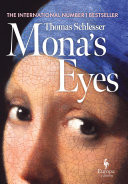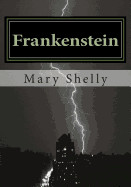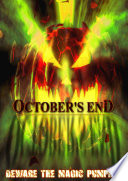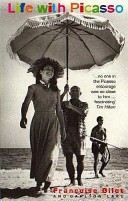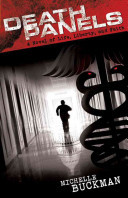Unlike most dystopian novels I've read, Death Panels depicts a near-future (2042), making it easy to see how the the world could slip from the present to a utilitarian government that relies on complacent citizens who have ceded their liberty for the "good" of the world.
Ultimately, Death Panels show what happens when people turn a blind eye to reality and how small acts of resistance and cooperation can begin to turn a culture around.
2 likes







